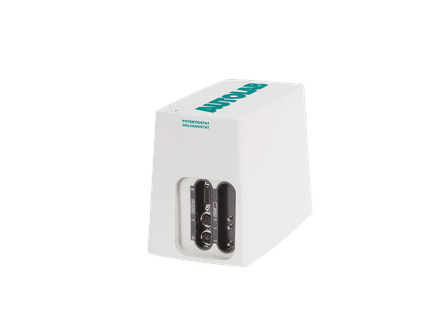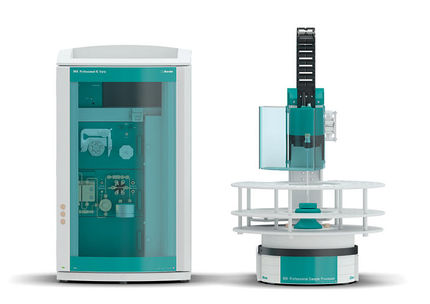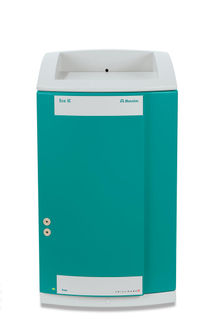To use all functions of this page, please activate cookies in your browser.
my.chemeurope.com
With an accout for my.chemeurope.com you can always see everything at a glance – and you can configure your own website and individual newsletter.
- My watch list
- My saved searches
- My saved topics
- My newsletter
Heinrich Gustav Magnus
Heinrich Gustav Magnus (May 2, 1802 – April 4, 1870) was a German chemist and physicist. The Magnus effect was named after him. Product highlightHe was born in Berlin. His father was a wealthy merchant; and of his five brothers one, Eduard (1799-1872), became a celebrated painter. After studying at Berlin, he went to Stockholm to work under Berzelius, and later to Paris, where he studied for a while under Gay-Lussac and Thénard. In 1831 he returned to Berlin as lecturer on technology and physics at the university. In 1834 he became assistant professor of physics and technology in the university there, and in 1845 was appointed professor. As a teacher his success was rapid and extraordinary. His lucid style and the perfection of his experimental demonstrations drew to his lectures a crowd of enthusiastic scholars, on whom he impressed the importance of applied science by conducting them round the factories and workshops of the city; and he further found time to hold weekly colloquies on physical questions at his house with a small circle of young students. From 1827 to 1833 he was occupied mainly with chemical researches, which resulted in the discovery of the first of the platino-ammonium compounds (Magnus' green salt is [Pt(NH3)4][PtCl4]), of sulphovinic acids, ethionic acids and isethionic acids and their salts, and, in conjunction with CF Ammermüller, of periodic acid. Among other subjects at which he subsequently worked were the diminution in density produced in garnet and vesuvianite by melting, the absorption of gases in blood (1837–1845), the expansion of gases by heat (1841–1844), the vapour pressures of water and various solutions (1844–1854), thermoelectricity (1851), electrolysis (1856), induction of currents (1858-1861), conduction of heat in gases (1860), polarization of heat (1866–1868) and the deflection of projectiles from firearms. From 1861 onwards he devoted much attention to the question of diathermancy in gases and vapours, especially to the behaviour in this respect of dry and moist air, and to the thermal effects produced by the condensation of moisture on solid surfaces. In 1834 Magnus was elected extraordinary, and in 1845 ordinary professor at Berlin. He was, three times elected dean of the faculty, in 1847, 1858 and 1863; and in 1861, rector magnificus. His great reputation led to his being entrusted by the government with several missions; in 1865 he represented Prussia in the conference called at Frankfurt am Main to introduce a uniform metric system of weights and measures into Germany. For forty-five years his labor was incessant; his first memoir was published in 1825 when he was yet a student; his last appeared shortly after his death. He married in 1840 Bertha Humblot, of a French Huguenot family settled in Berlin, by whom he left a son and two daughters. References
This article incorporates text from the Encyclopædia Britannica Eleventh Edition, a publication now in the public domain. This article incorporates text from the 1901–1906 Jewish Encyclopedia, a publication now in the public domain.
|
||||||||||||||||||||||||||||||||||||||||||
| This article is licensed under the GNU Free Documentation License. It uses material from the Wikipedia article "Heinrich_Gustav_Magnus". A list of authors is available in Wikipedia. | ||||||||||||||||||||||||||||||||||||||||||







